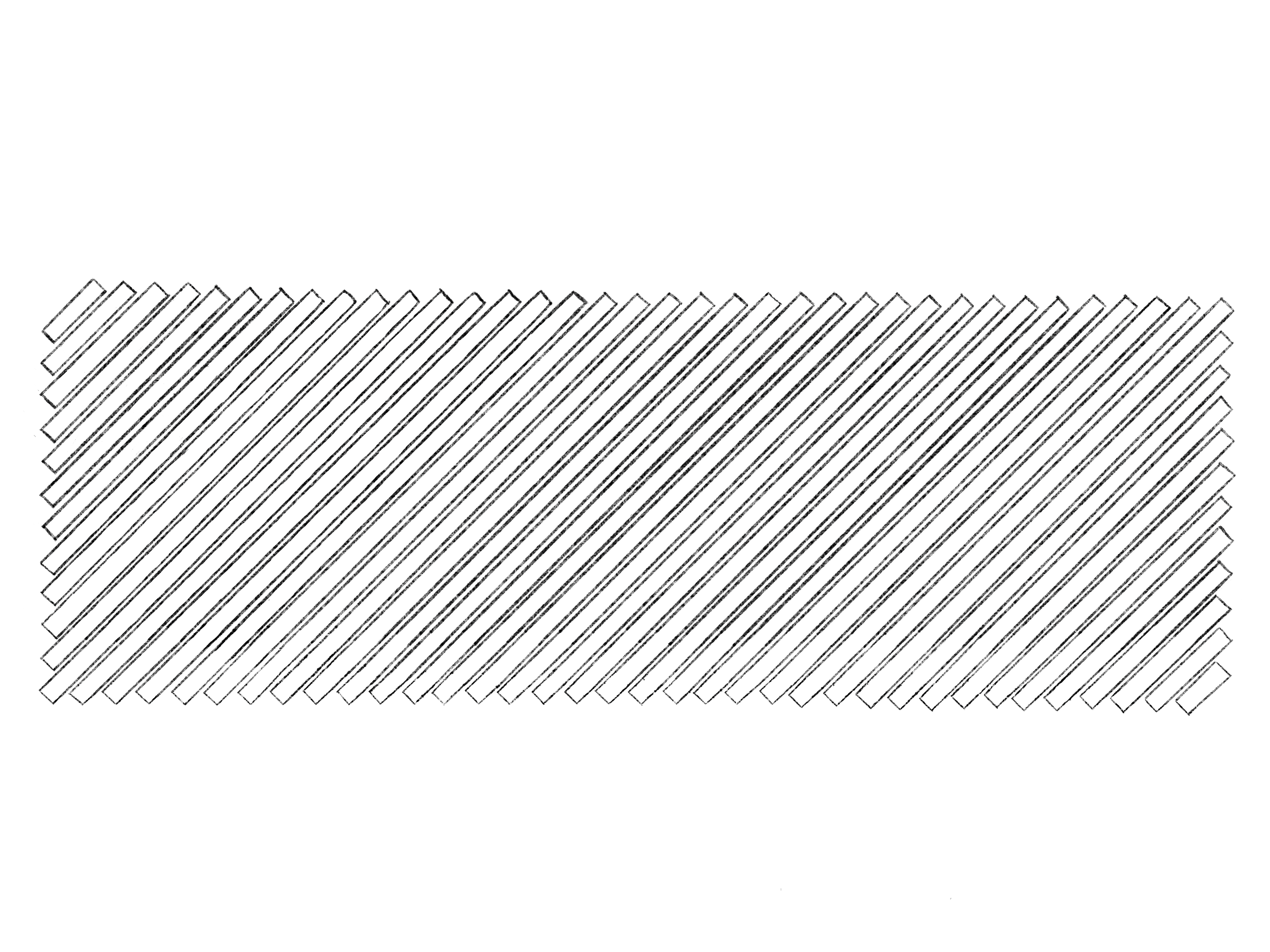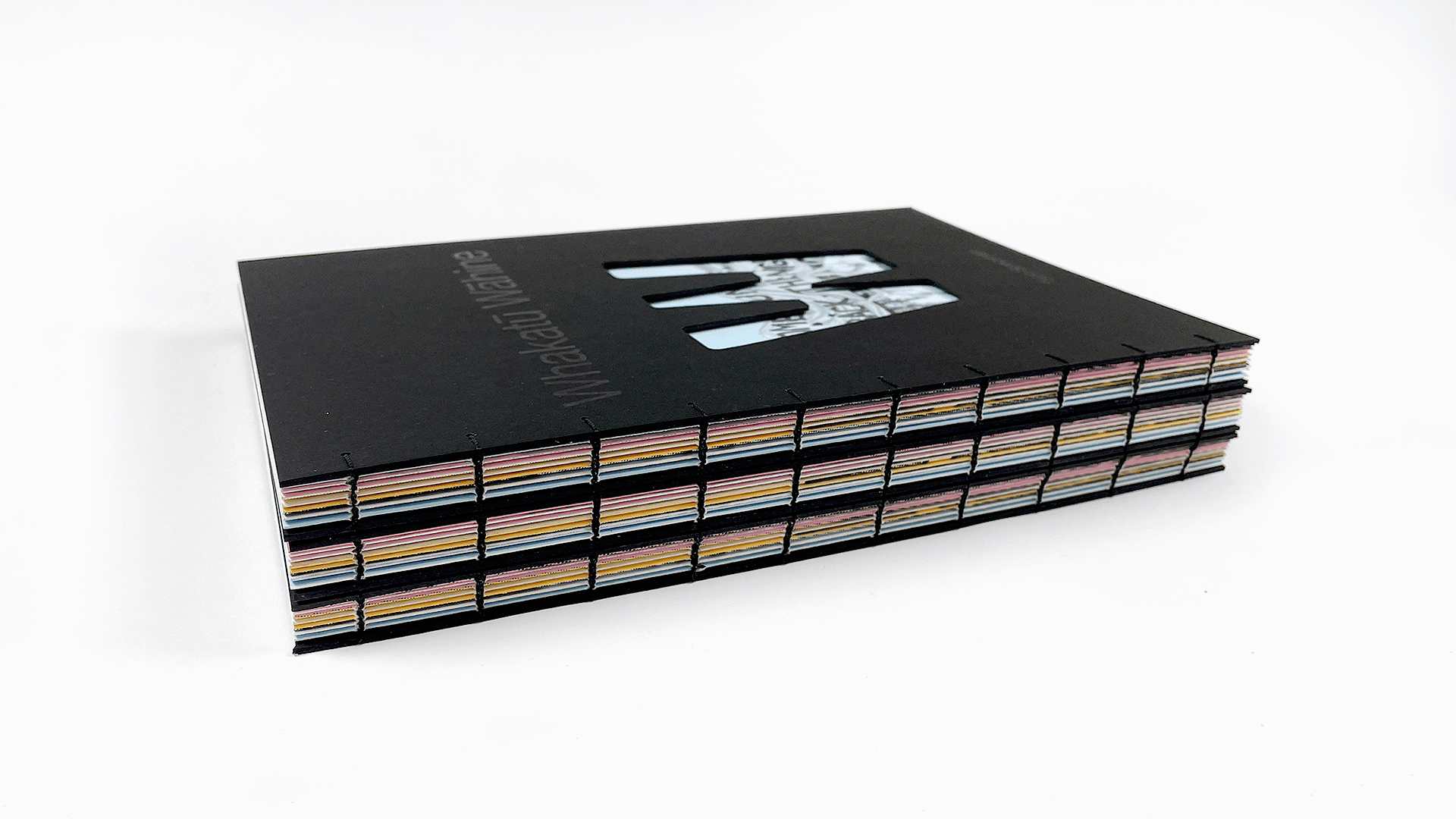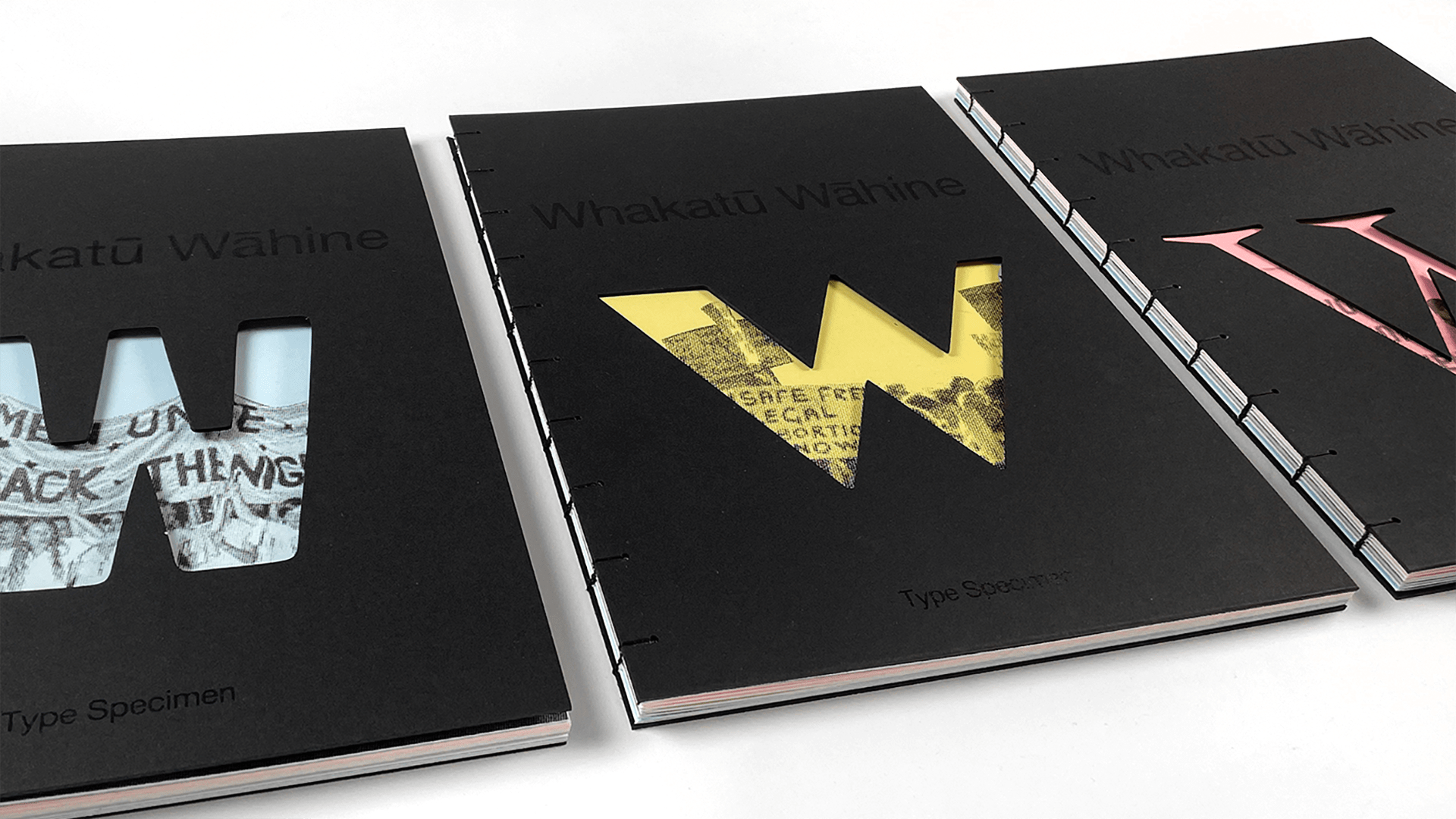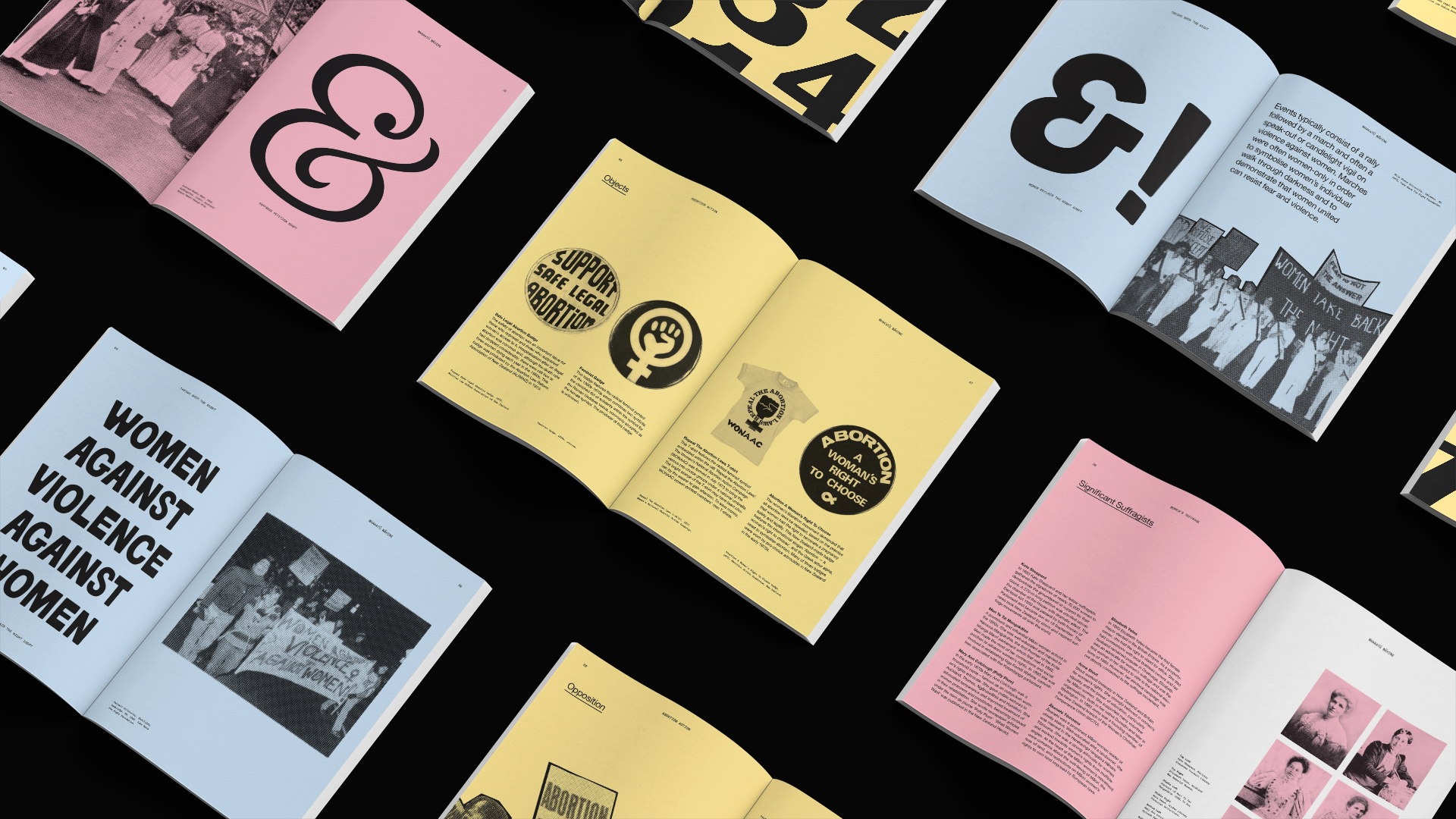

Harriet Campbell
Whakatū Wāhine
A Collective of Display Typefaces Inspired by Feminist Activism in Aotearoa
Whakatū Wahine is a collective of typefaces inspired by protest artefacts which have been used to communicate the messages and tone of feminist activists in Aotearoa. The concept for this project was sparked by the recognition that the type design scene is largely dominated by men, so I began this project with the intent to design a typeface which contributed to filling this gap in the industry. Through the research phase of the project, I uncovered the rich typographic history of feminist activism in Aotearoa and decided to dedicate this project to bringing the essence of this typography to the digital space.
Typography is a powerful tool which can create personality and convey ideas further than the meaning of the text. It can be employed to add an additional layer of meaning to a piece of design. This project reflects upon typography’s ability to connote feminist values by referencing historical contexts through typographic style. Three prominent waves of feminism have been explored through this project: women’s suffrage, abortion action, and women take back the night. In response to each wave, I have designed a display typeface inspired by an object used to fight for women’s rights in the movement. The Suffrage Petition Typeface took inspiration from the Latin style typeface used at the top of the first page of the 1983 suffrage petition which resulted in New Zealand being the first self-governing country to grant women the vote. The Pregnant Muldoon Typeface was inspired by one of the most notable posters used to fight for women to be able to freely access abortion care during the women’s liberation movement, beginning in 1973. The Women Reclaim the Night Typeface was inspired by a poster advertising a 1979 march in Wellington, organised after several women were raped in the suburb of Mt Victoria. This poster was part of the ‘Take Back The Night’ movement, which began in the 70s as part of the Women’s Liberation Movement.




